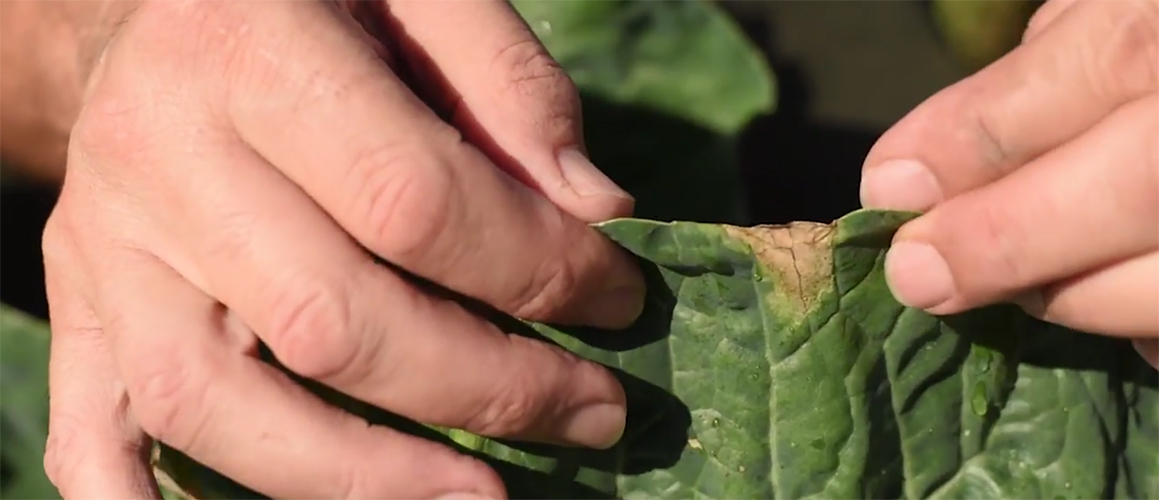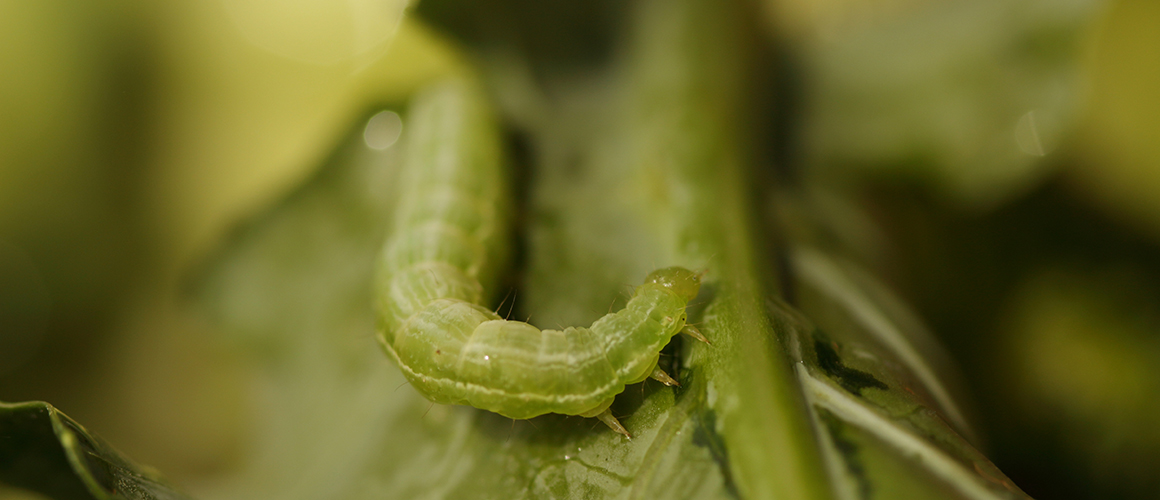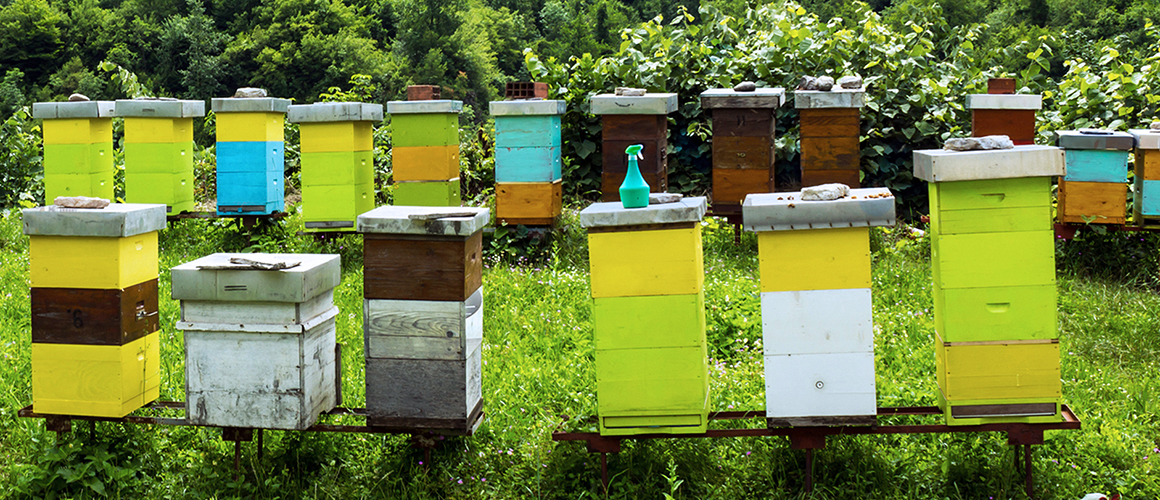
New Soil Wealth video investigates black rot in brassicas
4 November 2018
Veg growers learn more about pest control options at Bayer workshop
5 November 2018Varroa destructor is a serious parasite of adult European honey bees, and Australia is lucky to be the only country that is free from the pest, making ongoing vigilance against its introduction into Australia a crucial effort for our pollinated industries.
On Tuesday 30 October 2018, members of the AUSVEG team attended the ‘Bee Biosecurity Masterclass – focus on Varroa mite’ event at Box Hill Institute’s Lilydale Lakeside Campus, which gave insight into various bee biosecurity programs and the recent detection of Varroa mite (Varroa destructor) at the Port of Melbourne.
Speakers at this event included Victorian Department of Economic Development, Jobs, Transport and Resources representatives Joe Riordan, Senior Apiary Inspector, and Jessica Millar, Victorian Bee Biosecurity Officer.
The speakers introduced the National Bee Pest Surveillance Program, an early warning system to detect new incursions of exotic bee pests and pest bees. The program is funded by Hort Innovation’s Hort Frontiers Pollination Fund, which is part of the Hort Frontiers strategic partnership initiative, and it has a strong focus on surveillance. Key activities include deployment of sentinel hives, catchboxes, remote surveillance catchboxes and other techniques across locations that pose high risk.
They then spoke about Agriculture Victoria’s State Quarantine Response Team (SQRT), which sees hobby and industry beekeepers being trained in biosecurity surveillance including the sugar shake test. When Varroa mites are dusted with pure icing sugar, the sugar sticks to their pads and they can no longer grip onto a bee. More information on this test can be found on Agriculture Victoria’s website.
The remainder of the session focused on the recent detection of Varroa mite at the Port of Melbourne. The detection, which occurred in June 2018, was immediately investigated and treated by the Department of Agriculture and Water Resources, and Agriculture Victoria established an Incident Management Team (IMT) to respond.
The IMT, along with numerous SQRT members, conducted four rounds of surveillance at known hives within a two-kilometre radius of the detection point, wrapping up their surveillance activities on 10 August 2018. Beekeepers are reminded to remain alert and regularly test their hives using the sugar shake test.
After providing a recap of the response and surveillance activities, the speakers answered questions from the audience about the detection, giving a valuable insight into some other details about the incident.
This post appeared in the AUSVEG Weekly Update published 7 November 2018. Subscribe to the Update using our online form to receive the latest industry news in your inbox every week!

